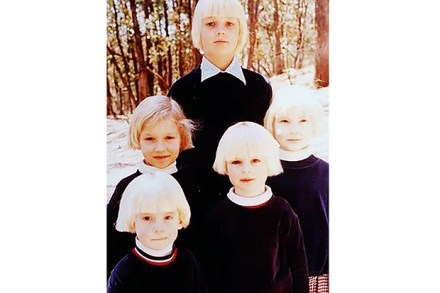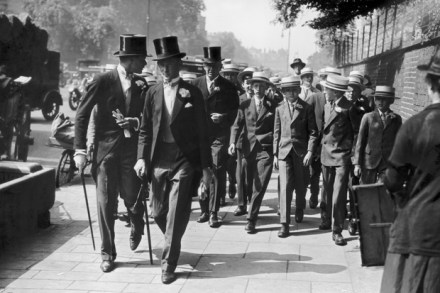The unkindest cult of all
When I was 22 I met a man called Yisrayl Hawkins who said his coming had been prophesied in the Book of Isaiah. Yisrayl (born Bill) lived with his many disciples and several wives in a compound carved out of the red dirt scrub near Abilene, Texas. His cult was called the House of Yahweh,




















